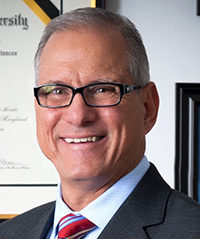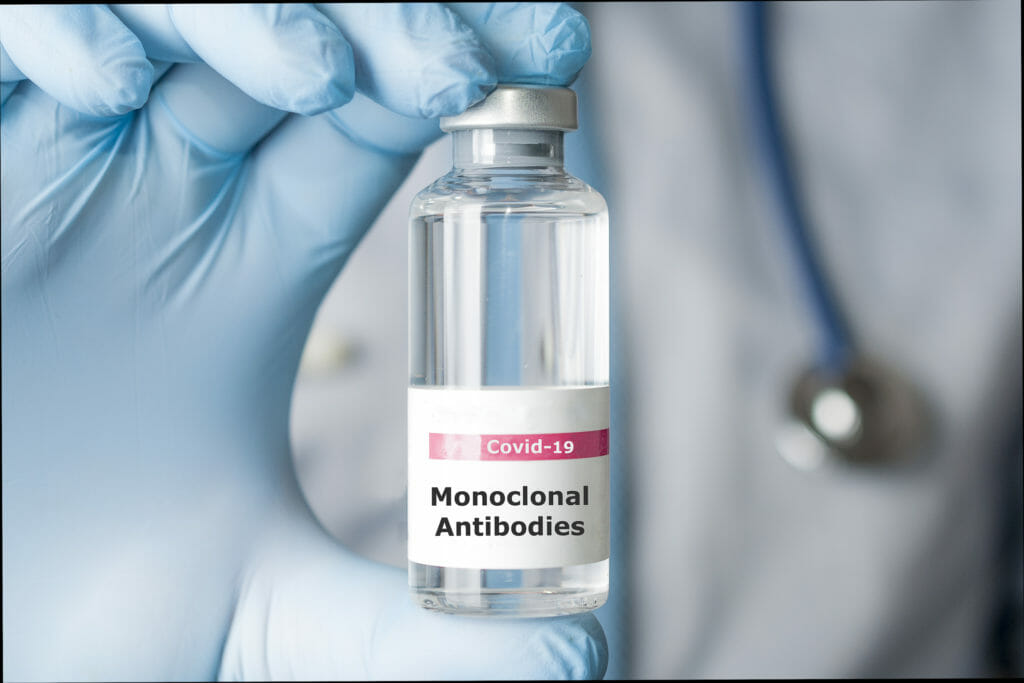

Long-term care advocates are applauding a new order by the governor of Maryland that requires nursing facilities to offer all residents therapeutic treatments such as monoclonal antibodies when a COVID-19 outbreak is detected.
Gov. Larry Hogan (R) issued the directive on Thursday, saying the state is preparing for an expected winter surge of COVID-19. Hospitals are nearing capacity as infections from both the delta and omicron variants increase, according to local news sources.
When an outbreak is detected, all nursing home residents — whether they test positive or negative for infection — must be given an opportunity to receive federally approved or authorized treatments designed to prevent severe illness and hospitalization, Hogan’s office stated. Monoclonal antibodies are the current go-to COVID-19 treatment. They have been shown to mimic the body’s natural response to infection, lessen illness severity and help keep high-risk patients out of the hospital.
A long-sought action
The new directive will help Maryland’s skilled nursing facilities and post-acute rehabilitation centers better protect residents and staff as COVID-19 cases rise, said Joseph DeMattos Jr., president and CEO of the Health Facilities Association of Maryland (HFAM). There is an increased number of outbreaks across all long-term care settings, including skilled nursing and rehabilitation facilities, and assisted living communities, he told McKnight’s Clinical Daily.

Since August, DeMatto’s organization, an affiliate of the American Health Care Association, has been pushing for a broader state initiative recommending that facilities double down on COVID-19 prevention measures. August was when federal health officials greenlit the use of Regeneron’s REGEN-COV as a post-exposure COVID-19 prophylactic and authorized subcutaneous injection when needed, making it easier to administer. HFAM’s aim was to increase COVID-19 vaccine booster uptake and encourage facility operators to make use of other therapies that could help reign in infection and transmission, he said.
“We’re going to look at everything that we can use to get as many boosters out as we can as quickly as we can, and to use any therapy that clinicians feel is effective as we move forward in fighting this surge,” he said.
Dual surge and worker shortage
But the dual surge in SARS-CoV-2 infections could complicate long-term care operators’ execution of this latest order, he added. The current influx of infections due to omicron have overlapped with pockets of remaining delta cases. And Maryland’s shortage of frontline workers has been particularly pronounced when compared to other states. Tens of thousands of its healthcare professionals, including geriatric nurses aides, have not renewed their licenses in 2021, he said. This could complicate the administration of the antibodies, he noted.
“With any treatment or therapy, you have to have the people to administer it,” he told McKnight’s.
There also is the ongoing matter of getting second-party sign-off to administer these therapies to long-term care residents who are not their own medical decision-makers. A small number of nursing homes have had the foresight to educate family members and caregivers about monoclonal antibodies in preparation for this need, he said.
“The concern with this dual surge is that the outbreaks will be higher in number and that’s why it’s all hands on deck right now to get as many boosters into the arms of Marylanders in need as we possibly can,” he added.
Meanwhile, the message to the long-term care staff in nursing homes and assisted living remains the same, he said: “You’re heroes, you’re not alone, and we’re dedicated to doing anything we can to support you.”




